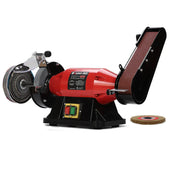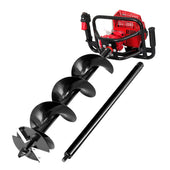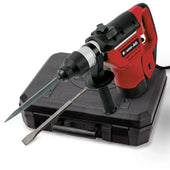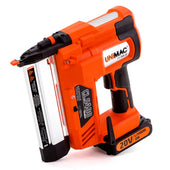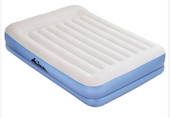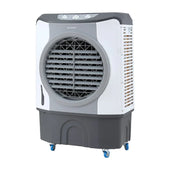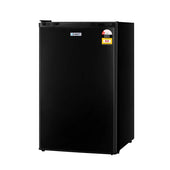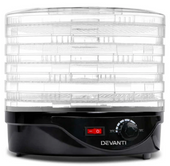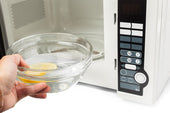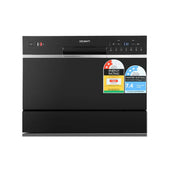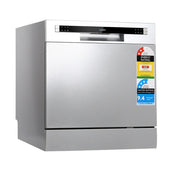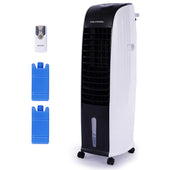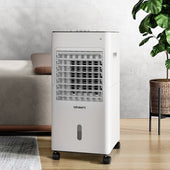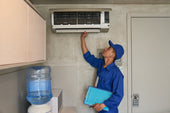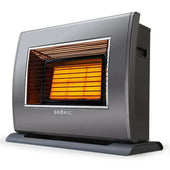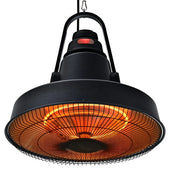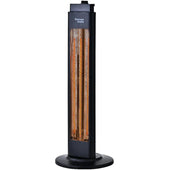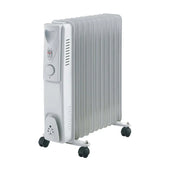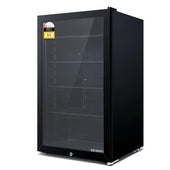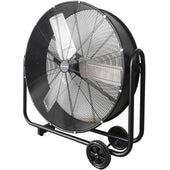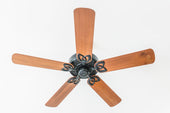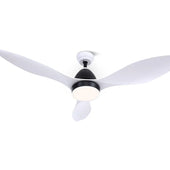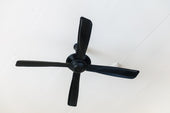Introduction to Choosing the Perfect Pool
Selecting the ideal swimming pool for a home requires understanding various factors that align with individual needs and preferences. The process involves evaluating the available outdoor space, considering design aesthetics, and determining how the pool will be used. Homeowners must also look into maintenance resources and operational costs to ensure long-term suitability.
Key considerations include:
- Pool type: Above-ground, in-ground, infinity, or plunge pools.
- Material choice: Fibreglass, concrete, or vinyl liner options.
- Local climate: Impacts heating and usage frequency.
Budget constraints should be meticulously planned, considering installation and ongoing care expenses. These factors combined will help define the perfect pool choice tailored to unique lifestyle requirements.
Understanding Different Types of Swimming Pools
Selecting the right swimming pool begins with understanding the various types available. Each type caters to different needs, preferences, and budgets. Common options include:
- In-ground pools: These are the most customisable, offering choices like concrete pools for durability or fibreglass pools for low maintenance.
- Above-ground pools: Affordable and easy to install, these pools are suitable for temporary arrangements or smaller spaces.
- Infinity pools: Known for their luxurious design, these pools feature a vanishing edge, often creating breathtaking views.
- Natural pools: These eco-friendly options use plants and bio-filters instead of chemicals for water purification.
- Lap pools: Narrow and long, ideal for those focused on exercise.
Each option has distinct characteristics that influence suitability for specific households or property layouts.
Assessing Your Space and Budget
Before choosing a swimming pool, homeowners need to evaluate the dimensions and characteristics of their outdoor area. Measurements should be accurate to ensure the pool fits without overcrowding the yard. Consider terrain features like sloping, trees, or existing landscaping that may impact installation.
Budget considerations include upfront costs, maintenance, long-term financial commitments, and optional features such as heating systems or lighting. Comparing the benefits of above-ground versus in-ground pools can help to align preferences and costs.
Space and budget constraints should be balanced with intended use, such as recreational swimming or aesthetic enhancement, to ensure practical and satisfying pool choices.
Key Features and Materials to Consider
When selecting a swimming pool, homeowners should examine several critical features and material options:
- Size and Shape: Pools can be customised to fit available space. Opt for rectangular designs for laps or irregular shapes for aesthetic appeal.
- Pool Types: Popular choices include in-ground, above-ground, and infinity pools, each catering to different budgets and preferences.
- Construction Materials: Common options are fibreglass, concrete, and vinyl. Fibreglass is durable, concrete allows customisation, and vinyl is cost-effective.
- Filtration Systems: Consider sand, cartridge, or DE filters for water clarity.
- Safety Features: Add fencing, pool covers, or alarms to enhance safety for children.
- Finishes and Tiles: Select durable and slip-resistant finishes for aesthetics and safety.
Importance of Maintenance and Longevity
Choosing a swimming pool requires consideration of its upkeep and durability over time. Maintenance needs vary based on the type of pool chosen. For example:
- Concrete pools require regular acid washing and resurfacing to prevent cracks and staining.
- Fibreglass pools demand less upkeep but still need periodic cleaning and care for their gel coating.
- Vinyl-lined pools can be affordable but need liner replacements every 5–10 years.
Regular care, such as managing water chemistry, filtering debris, and inspecting for wear, extends a pool’s lifespan. A durable design and quality construction materials contribute significantly to longevity, reducing long-term repairs and expenses.
Consulting Professionals and Finalising Your Decision
Seeking advice from swimming pool professionals can offer invaluable guidance tailored to individual needs. Certified contractors, designers, or pool specialists can assess the property, considering available space, soil conditions, and local regulations. They can also recommend suitable materials, designs, and features.
Discussing options with trusted professionals helps clarify costs, timelines, and potential maintenance requirements. Comparing quotes from different contractors enables an informed choice that aligns with the budget and preferences.
Additionally, reviewing references, customer reviews, and past projects ensures reliability. After gathering insights, thorough evaluation of practicalities and personal priorities enables confident final decision-making.



